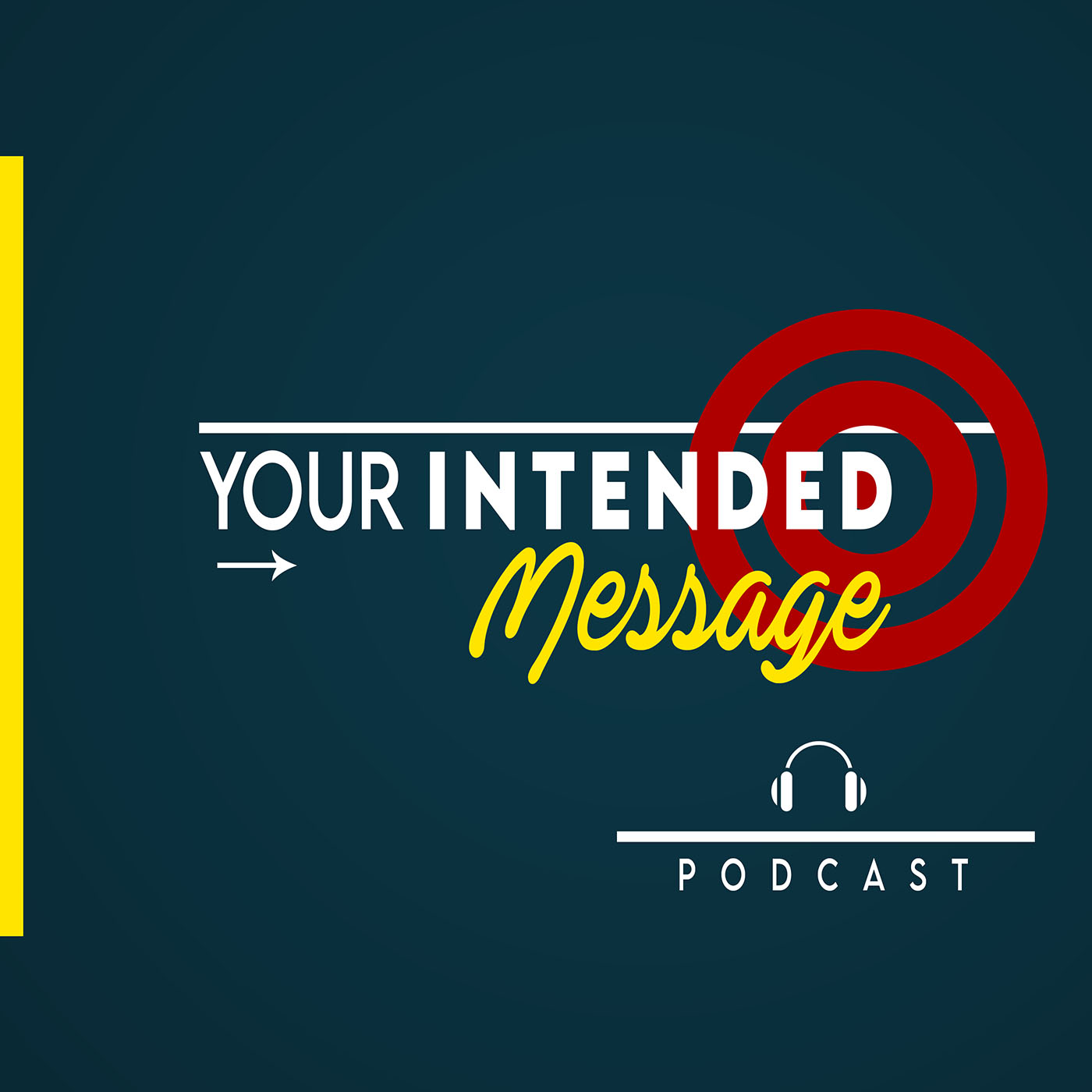
Episode 193 (Grace is based in Washington DC)
In this conversation with Grace Foster we explore:
About our guest:
Grace Aldridge Foster is co-founder of Bold Type, a WBENC certified 100% women owned company that trains people how to write more effectively in the workplace.
Learn more about her company and services here
Get the free guide to remove clutter from your writing
https://www.boldtype.us/clutterbust
-----
Excerpts from this conversation with Grace Foster:
-----
George, where do I start? I'll first say that I have a lot of sympathy for people writing emails, because we're all expected to do it. We write emails all day, every day, they are the cornerstone of workplace communication.
And yet no one actually has been taught how to write good emails, what happens is we just get into the workplace, and we start observing how other people do it. And we start emulating them.
Well, what happens if everyone who's already there is already writing terrible emails, you never sort of had a chance, right? So I just want to say there are a lot of people out there who are very smart, and actually very good writers, but who still write terrible emails.
And mostly it's because they've never been taught to do better. Things that I noticed are, of course, terrible subject lines, mostly people actually include subject lines these days, thankfully, gone are the days of kind of empty subject lines, because their spam filters, you know, latch on to those completely.
But a lot of times, folks are just way too vague in their subject lines. And I think one of the reasons for that is people forget one of the primary purposes of sending an email versus something else picking up the phone and calling for example, is that you have a record, your inbox is an archive, you can search your inbox looking for a particular conversation or message from someone.
But when you have a very vague subject line, it gets much more difficult to search for a particular email or particular conversation that you had previously. So it's not just that they're vague, which is a problem the first time you receive them that it becomes a problem also, if you want to find that email again later.
So that is certainly a common problem that I see. There. Also, too long. Emails are too long. They are too wordy. They're either too formal or not formal enough, right. The level of formality often doesn't fit the audience and the purpose of a particular message.
And something that we may talk about is that the frustration that I hear over and over from managers who engage in bold type to do email training is why don't my employees just know how to do it right. It's a judgement call.
All it's a judgement issue, you know, why don't they just understand why don't they just get that that email of a sent wasn't right. But that's a difficult thing to learn, it takes time.
-----
-----
----more----
In these interviews we will explore presentation skills, public speaking, conversation, persuasion, negotiation, sales conversations, marketing, team meetings, social media, branding, self talk and more.
Your host is George Torok
George is a specialist in communication skills. Especially presentation. He’s fascinated by the links between communication and influencing behaviors. He delivers training and coaching programs to help leaders and promising professionals deliver the intended message for greater success.
Connect with George
www.SpeechCoachforExecutives.com
https://www.linkedin.com/in/georgetorokpresentations/
https://www.youtube.com/user/presentationskills
https://www.instagram.com/georgetorok/

 Tackle Wicked Challenges with Human Ingenuity: Ken Tencer
Build Innovation Teams That Thrive in Ambiguity
Human Ingenuity: Clever, Inventi
Tackle Wicked Challenges with Human Ingenuity: Ken Tencer
Build Innovation Teams That Thrive in Ambiguity
Human Ingenuity: Clever, Inventi
 High-Stakes Communication - Crisis or Launch: Angela Betancourt
High-Stakes Communication: Lessons for Leaders
From Crisis to Product Launch: Ma
High-Stakes Communication - Crisis or Launch: Angela Betancourt
High-Stakes Communication: Lessons for Leaders
From Crisis to Product Launch: Ma
 Sales Success Starts with Mindset: Ashely Beck Cuellar
Cold Calling in 2025: Strategies That Still Work
Combining Emotional Intelligenc
Sales Success Starts with Mindset: Ashely Beck Cuellar
Cold Calling in 2025: Strategies That Still Work
Combining Emotional Intelligenc
 Resourcefulness, Resilience & Collaboration: Mitch Weisburgh
Stop Your Brain from Sabotaging Your Happiness and Success
Mind Shifting for Lea
Resourcefulness, Resilience & Collaboration: Mitch Weisburgh
Stop Your Brain from Sabotaging Your Happiness and Success
Mind Shifting for Lea